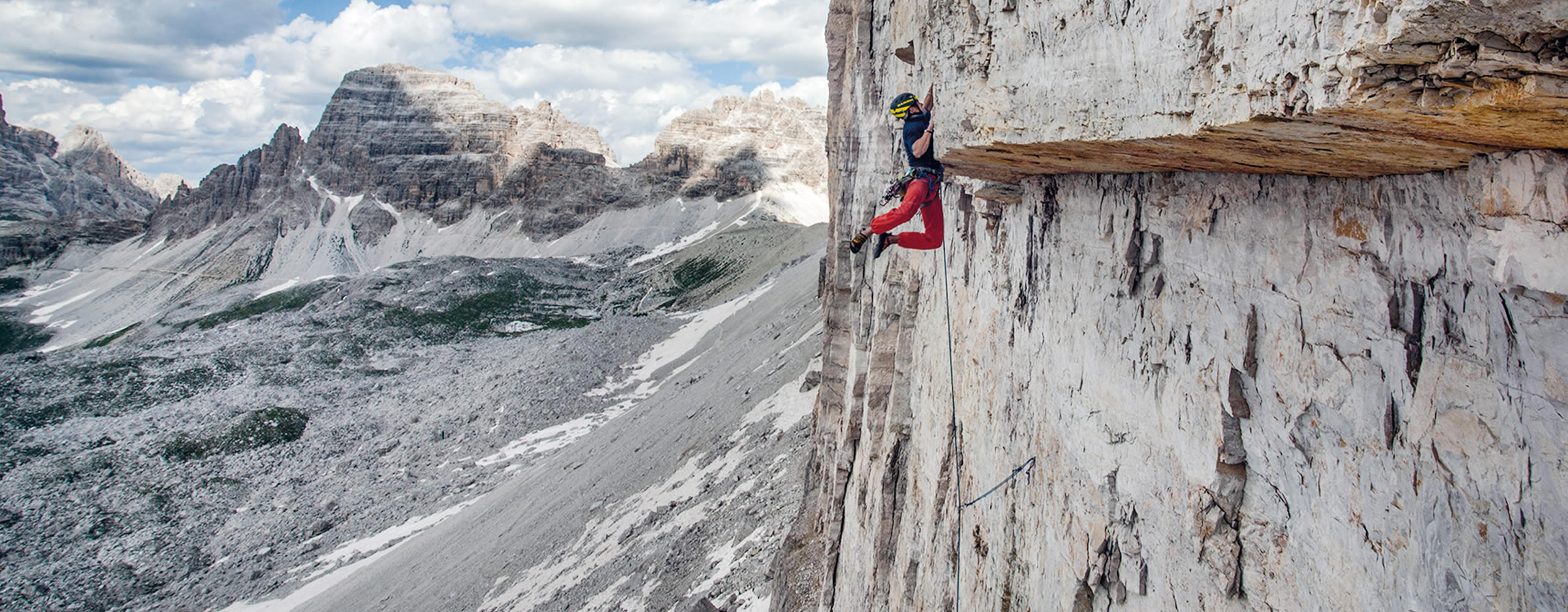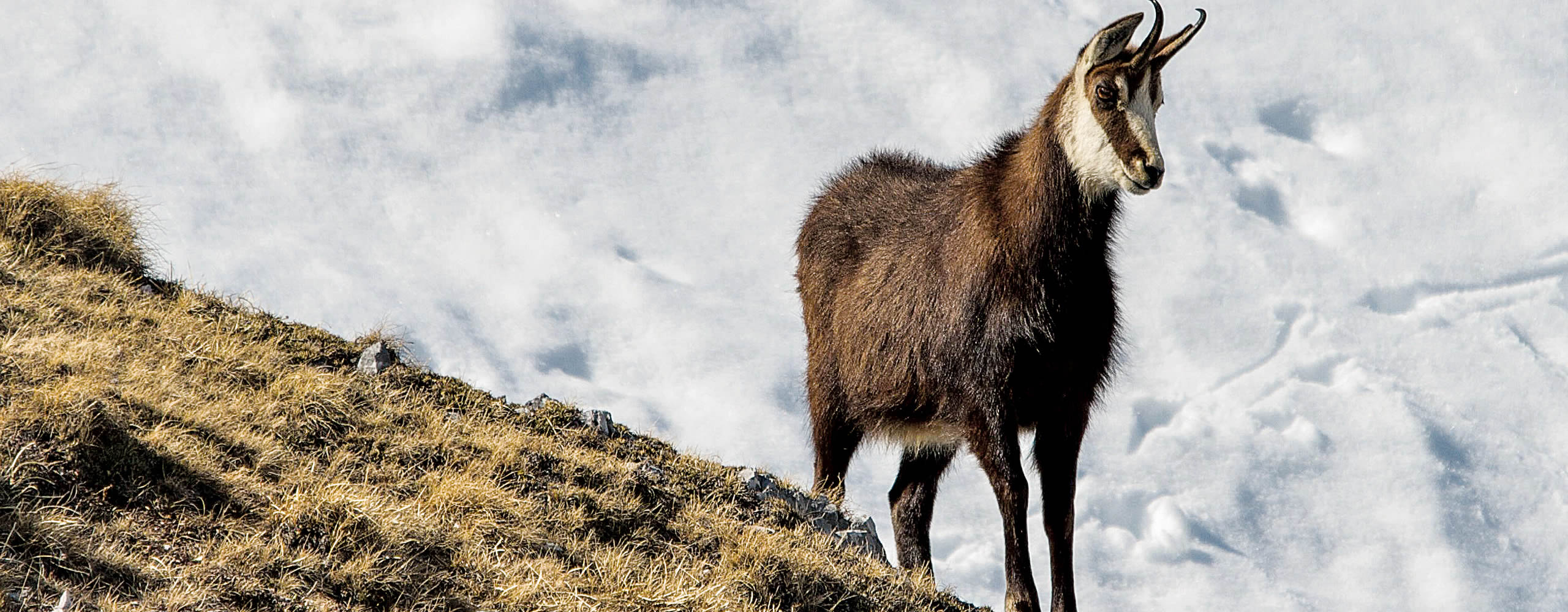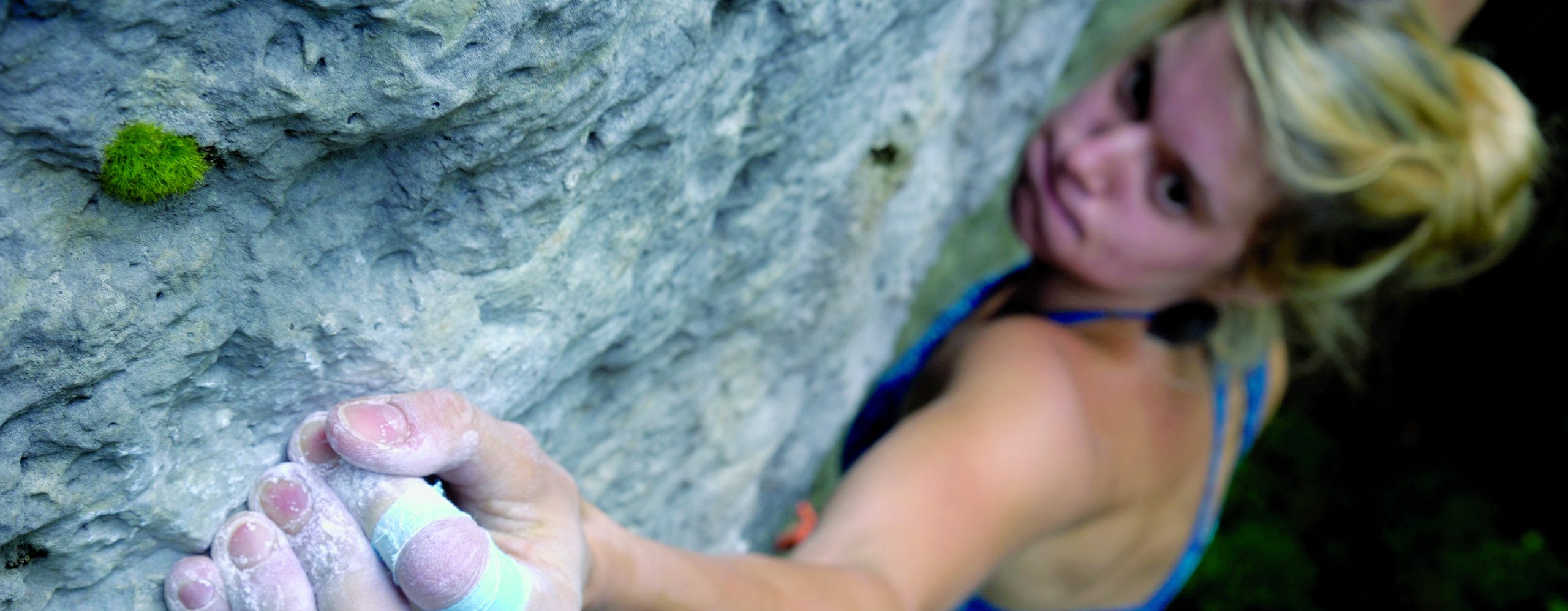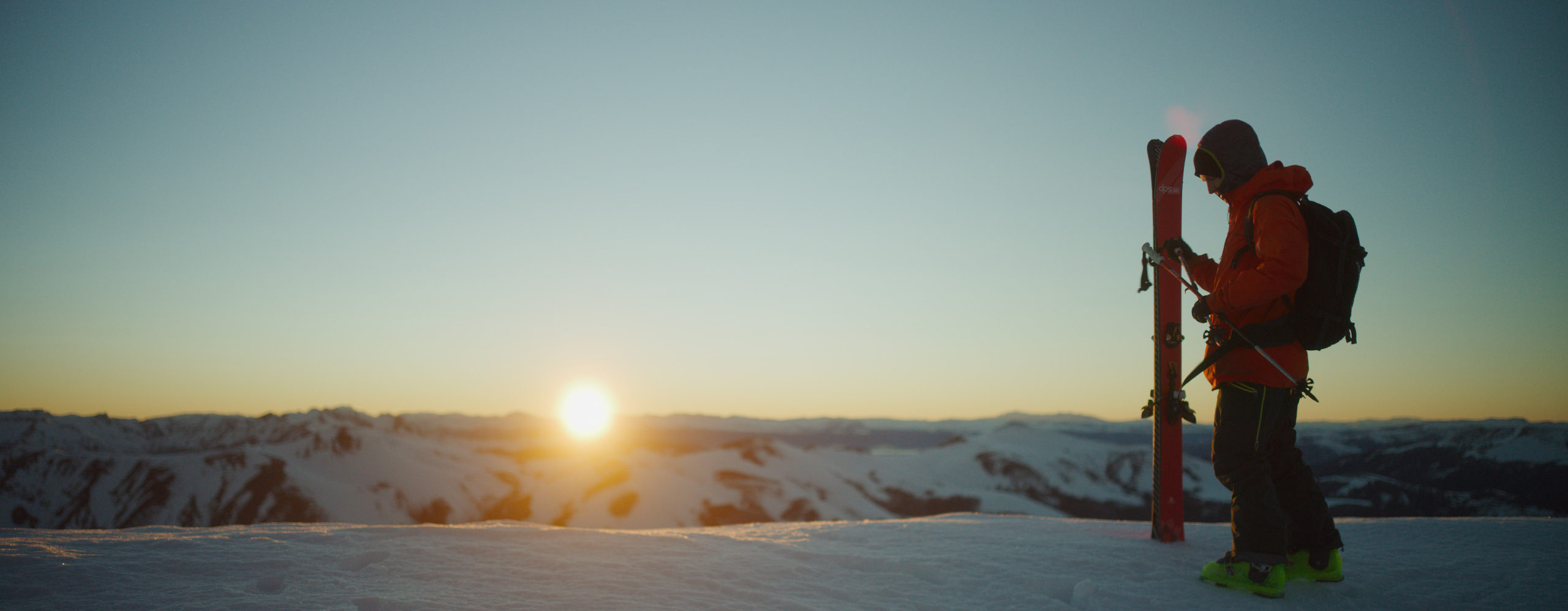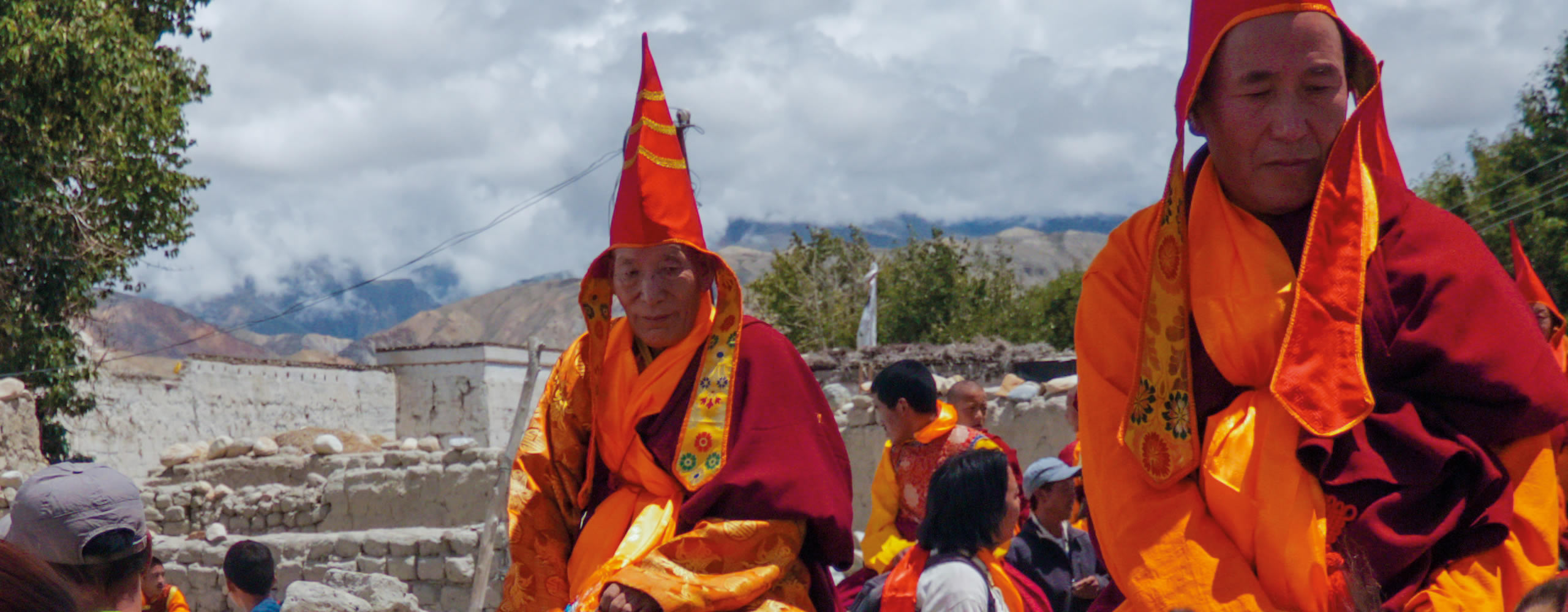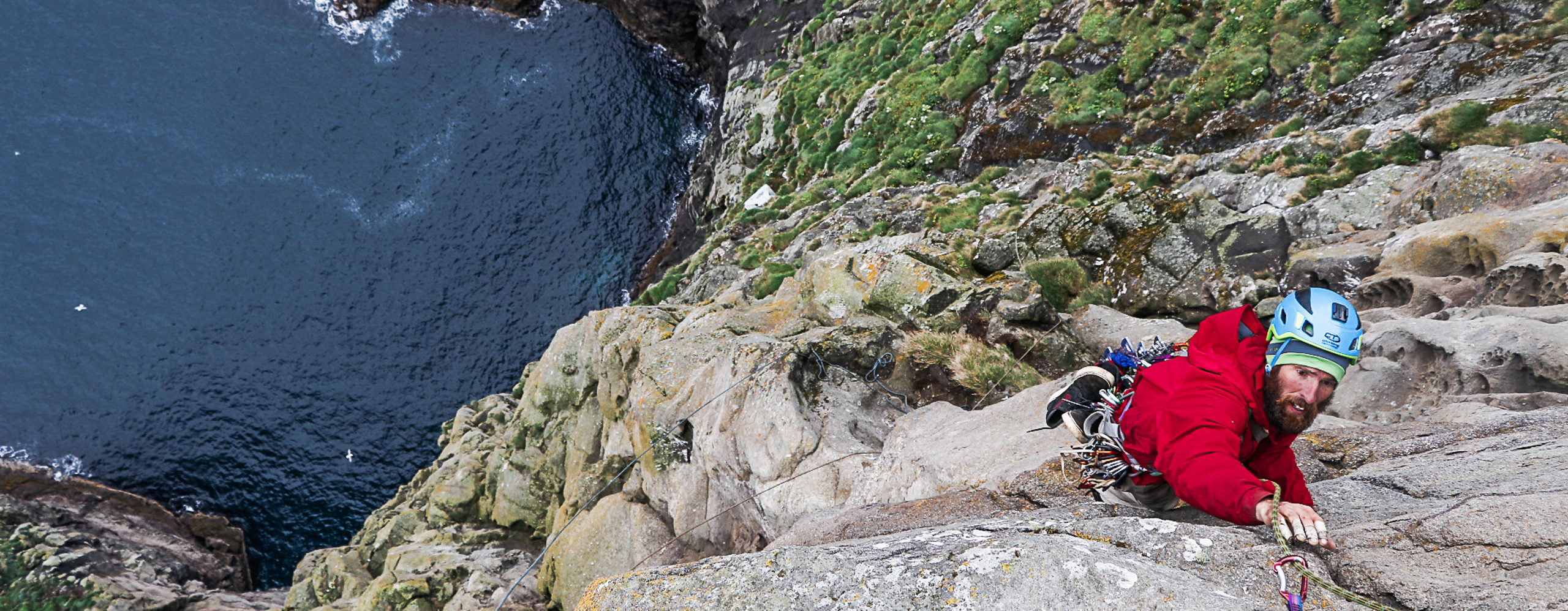2022 – Tegernsee International Mountain Film Festival October 19-23 – Winning Films – Jury Statements
Winning Films 2022
Jury Statements – 22 October 2022
Great Prize by the City of Tegernsee
Alpenland (Alpine Country)
Robert Schabus, Austria
This film by Robert Schabus offers a timely representation of the mountains, and also represents our times. Impressive wide angles and laconic long shots reveal how the evolution of our civilisation endangers the habitat of 13 million people across eight countries. The cinematic narrative connects diverse stories from the entire Alpine region: A Carinthian mountain farming family is worried about the future subsistence of their farm. A world-famous Bavarian ski resort cannot exist without snow cannons, each of which costs as much as a social housing unit. A French doctor worries about medical care because more and more hotels in the mountain valley are shutting down. Over the course of 32 years, a Portuguese mountain railway employee in Zermatt has witnessed the glacier recede by 700 metres. An Italian farmer seems like a true outsider, because he prefers to be with the sheep and earn poorly than to work for more money in the factory. Does sustainability have to equal poverty? Do we have to give up economic growth to save the world? This mountain film does not answer such questions, but it makes us think deeply about them.
Prize by the German Alpine Club for the Best Alpine Film (Category Mountain Experience)
Höhenrausch – Die Entwicklung der Höhenmedizin (Altitude Sickness – The Development of High-Altitude Medicine)
David Pichler, Nicolai Niessen, Germany
One of the most feared dangers for extreme mountaineers lurks inside them: high altitude sickness (German: “Höhenrausch”, meaning “altitude frenzy”). The documentary film of the same title presents the history of this condition and related research in an impressive and dramaturgically gripping way. Fascinated, we follow the study’s director, high-altitude physician Marc Berger, his research team and the study participants during an experiment at the highest mountain refuge, the Margherita Hut (14,940 ft / 4,554 m above sea level). This narrative thread is completed by interviews with mountaineer, expedition doctor and high-altitude physician Peter Bärtsch, who explains altitude sickness in an objective and understandable way; with his colleague Oswald Oelz, who tells of experiments on his own body, which have contributed significantly to gaining knowledge; and with Gerlinde Kaltenbrunner, who reflects on this disease as an active and professional extreme mountaineer.
The jury was convinced by this approach to the complexities of altitude sickness. The successful interweaving of the mountaineering and scientific perspectives pulls viewers into its “frenzied” vortex.
Prize in the Category Mountain Nature
Yukon, un rêve blanc (Yukon, a White Dream)
Mathieu Le Lay, France
“Yukon – Un rêve blanc” adheres to a classic narrative pattern: The hero sets out alone towards a remote destination to seek his fortune. In this French film, wildlife photographer Jérémie Villet travels to the Canadian province of Yukon to pursue his passion: He takes photos of animals adapted to life in cold and snow. This passion is fuelled by something like an insatiable longing for absolute beauty. In the middle of winter, in great solitude and freezing cold, Jérémie is looking for a mountain goat. This almost unreal creature lives in a kind of mountain-nature that seems almost abstract, even inanimate: everything is white and cold. Congenial to the photographer’s magical pictures is the film’s footage. The crew around Mathieu Le Lay has managed to capture the good fortune of this unusual hero when, after many privations, he finally shoots the hoped-for photo.
Best Film in the Category Mountain Life
Lo Combat (You Fight)
Gaël Truc, France
With “Lo Combat” the audience can expect a real treat: By means of the feature film and ironically used quotes from the crime genre, its young Italian director Gaël Truc tells the story of a young, still inexperienced veterinarian who finds her way through thick snow to a farm where a cow experiences difficulty calving. When the stable door opens, tradition (farmer) and modernity (young female veterinarian) face each other with surprise. The farmer’s long doubtful look at the young woman embodies most of what is known about the relations man-woman, old-young and urban-country. In 15 short minutes, this light-footed and bold film deals with archaic questions, because inside the stable, it’s all about life and death, and also about the awareness of where our cultural roots run – all of which convinced the jury.
Otto Guggenbichler Prize for a Junior Film Maker
Royaye yek Asb (Dream of a Horse)
Marjan Khosravi, Iran
Junior director Marjan Khosravi takes us into the archaic world of the Iranian mountains, home to the fifteen-year-old mountain farmer’s daughter Shahnaz. The documentary short film is about a young woman who revolts against the patriarchal structures of her family. She wants to attend school, learn and write stories. However, her father has a different vision: she and her three sisters are to be married as early as possible, as their two brothers will receive additional land in exchange. The film, which provides strong insights into the threatened yet still wild and free life of the mountain farmer’s daughter and her siblings, ends with a few lines from one of her own stories: “One day a father scolded his daughter: she should not study, it was useless and she had to marry. So, she picked up her rope and went up the mountain to collect firewood. Suddenly, she saw a snake on the path, the only thing she was afraid of in this world. She said to herself: I shall face fear once and for all.”
It is remarkable how the microcosm in Shahnaz’s mountains connects back to the current situation in Iran.
Prize for Outstanding Camera Work
Le grand marais (The Great Moor)
Clara Lacombe, France
Clara Lacombe’s film stages the lives of animals and plants with great care and affection. At the same time, the camera’s gaze seems to capture the interest of some species in the human world. Camera, sound, music and spoken content merge into an organic unit that creates a fairy tale atmosphere – exciting for children and adults alike. Today, this utopian world may only be possible within a nature reserve. Virtuoso camera work reveals a model for the coexistence of humans and nature.
Prize for the Special Film
The Disappearance of Janusz Klarner
Franciszek Berbeka, Poland
This film puts us on a scent. It takes us to the Himalayas to find out why certain people mysteriously disappeared. One of them is Janusz Klarner: Many years after his first ascent of Nanda Devi East, he left his apartment in Warsaw, never to return. This can only be attributed to the vengeance of the mountain goddess, whose peace the Polish mountaineers disturbed with their summit assault. At any rate, this is the conclusion towards which director Franciszek Berbeka propels us, when cheekily combining footage and facts just the way he wants. The result is a movie in the style of a silent film documentary that makes us viewers shudder and speculate: about the sense of monstrosity that overcome us like a mountain avalanche, like a hail of bombs. About the monster that looks at us and stays etched into our minds forever when people are abducted and disappear for good. The Special Mountain Film Prize
goes to “The Disappearance of Janusz Klarner” because with its experimental ways, it encourages us so beautifully to tell mountain films in excitingly different ways.
Honourable Mention by the Jury
Kjerag Solo
Alastair Lee, United Kingdom
Thanks to use of special camera technology, Alastair Lee succeeds in letting the audience participate up-front in a daring solo ascent on a Norwegian Bigwall. The film shows images of the highest intensity and climbing scenes shot from the most extraordinary vantage points.
Honourable Mention by the Jury
Inheritance
Aiymkul Temirbek Kyzy, Kyrgyzstan
In this short film, Aiymkul Temirbek conveys the preservation of an (artistic) craft tradition in Kyrgyzstan in a calmly observing narrative form. Almost in passing, the film succeeds at making us reflect on dwindling traditions and societal change.
Honourable Mention by the Jury
The Fading Nomads
Wie Shengze, China
The film “The Fading Nomads” by Chinese director Wie Shengze shows where the dream of a modern life can lead. He made it his mission to visit a Mongolian nomadic family twice with his camera. Once at a time when the family is breaking up and part of the family is giving up traditional nomadic life. 18 years later a second time to see what became of their vision. Arriving in a satellite town, the film impressively shows how people subordinate themselves to the constraints of modern life, even if they suffer under them. Now, only a dream remains of the formerly free yurt life with horse races in the high mountains’ wild nature. Wie Shengze’s creation poses the crucial question for all civilised societies: What do we give up, and in order to gain what? Who can claim that this question concerns only China? The fact that this authentic and critical snapshot from a closed-off country reaches us at all makes the film even more valuable. The jury would like to express their gratitude for this impressive contribution to the Mountain Life category with an Honourable Mention.
2022 – Tegernsee Internat. Mountain Film Festival October 19-23 – Winning Films
19th Tegernsee International Mountain Film Festival 2022
List of Winning Films 2022
Great Prize of the City of Tegernsee (€ 3,000)
“Alpenland (Alpine Country)” von Robert Schabus | NGF Nikolaus Geyrhalter Filmproduktion | Austria
Prize by the German Alpine Club (DAV) for the Best Alpine Film / Category Mountain (€ 1.000)
„Höhenrausch – Die Entwicklung der Höhenmedizin (Altitude Sickness – The Development of High-Altitude Medicine)“ von David Pichler | Nicolai Niessen/berckwerk | Germany
Best Film in the Category Mountain Life – awarded by the Tegernseer Erdgas-Versorgungsges. (€ 1,000)
„Lo Combat (You Fight)“ von Gaël Truc | Aries Film | Italy
Best Film in the Category Mountain Nature (€ 1,000)
„Yukon, un rêve blanc (Yukon, a White Dream)“ von Mathieu Le Lay | Mathieu Le Lay Prod. | France
Otto Guggenbichler Prize for a Junior Film Maker (€ 1,000)
„Royaye yek Asb (Dream of a Horse)“ von Marjan Khosravi | Milad Khosravi for Seven Springs Pictures | Iran
Prize for Outstanding Camera Work (€ 1,000)
„Le Grand Marais (The Great Moor)“ von Clara Lacombe | France
Prize for the Special Film (€ 1,000)
„The Disappearance of Janusz Klarner“ von Franciszek Berbeka | The Polish Nat. Film, TV & Theatre School | Poland
Honourable Mentions by the Jury
„Inheritance“ von Aiymkul Temirbek kyzy | Kyrgyzstan turkey university Manas | Kyrgyzstan
„The Fading Nomads“ von Wie Shengze | Parallax China | China
„Kjerag Solo“ von Alastair Lee | Posing Productions | United Kingdom
Bayern 2 – Audience Prize (€ 1.000,-)
„Yukon, un rêve blanc (Yukon, a White Dream)“ von Mathieu Le Lay | Mathieu Le Lay Prod. | France
2022 – Tegernsee International Mountain Film Festival,October 19-23 – Awards Ceremony
Press Release/Awards Ceremony 2022-10-22
Tegernsee Mountain Film, 19th International Festival from 19 – 23 October 2022
“Alpenland” receives the Great Prize by the City of Tegernsee
The winner of the 19th Tegernsee Mountain Film Festival has been announced: The Great Prize of the City of Tegernsee, endowed with 3,000 Euros, goes to the film “Alpenland” (Alpine Country) by Robert Schabus. David Pichler and Nicolai Niessen receive the German Alpine Club (DAV) Prize for the Best Alpine Film in the category Mountain Experience for their documentary “Höhenrausch” (Altitude Sickness). The awards in the categories Mountain Nature, Mountain Life and the Otto Guggenbichler Prize for a Junior Film Maker, endowed with 1,000 Euros each, go to the films “Yukon, un rêve blanc” (Yukon, A White Dream / France), “Lo Combat” (You Fight / Italy) and “Royaye yek Asb” (Dream of a Horse / Iran).
Austrian director Robert Schabus is the big winner of the 19th Tegernsee Mountain Film Festival. His film “Alpenland” prevailed against around 80 international productions and won the Great Prize of the City of Tegernsee, endowed with 3,000 Euros. According to the jury, his film “offers a timely representation of the mountains, and also represents our times.” Impressive wide angles and laconic long shots reveal how the evolution of our civilisation endangers the habitat of 13 million people across eight countries. “Does sustainability have to equal poverty? Do we have to give up economic growth to save the world? This mountain film makes us think deeply about it,” reads the jury statement.
A frenzy that pulls readers into its vortex
One of the greatest dangers for extreme mountaineers is altitude sickness (German: “Höhenrausch”, which translates to “altitude frenzy”). The documentary film of the same title by German film makers David Pichler and Nicolai Niessen presents the history of this condition and related research in an impressive and dramaturgically gripping way. Fascinated, we follow the study’s director, high-altitude physician Marc Berger, his research team and the study participants during an experiment at the Margherita Hut (14,940 ft / 4,554 m above sea level). The jury was convinced by this approach and states: The successful interweaving of the mountaineering and scientific perspectives pulls viewers into its “frenzied” vortex.
The film receives this year’s German Alpine Club (DAV) Prize for the Best Alpine Film in the category Mountain Experience.
Everything is white and cold
In the film “Yukon, un rêve blanc” by Frenchman Mathieu Le Lay, wildlife photographer Jérémie Villet travels to the Canadian province of Yukon to take photos of animals adapted to life in cold and snow. In the middle of winter, in great solitude and cold, Jérémie is looking for a mountain goat. Everything is white and cold. Congenial to the photographer’s magical pictures is the film’s footage. “The crew around Mathieu Le Lay has managed to capture the good fortune of this unusual hero when, after many privations, he finally shoots the hoped-for photo,” states the jury and awards Le Lay the Prize for the Best Film in the category Mountain Nature.
Inside the stable, tradition and modernity clash
All jury members agree: With “Lo Combat” viewers can look forward to a veritable treat. By means of the feature film and ironically used quotes from the crime genre, its young Italian director Gaël Truc tells the story of a young, still inexperienced veterinarian who finds her way through thick snow to a farmstead where a cow experiences difficulty calving. When the stable door opens, tradition (farmer) and modernity (young female veterinarian) face each other with surprise. This convinced the jury. “Lo Combat” by Gaël Truc receives this year’s Prize for the Best Film in the category Mountain Life.
Junior Film Maker Prize goes to female director from Iran
The Otto Guggenbichler Prize for a Junior Film Maker 2022 goes to a young female director from Iran: Marjan Khosravi. Her documentary short film “Royaye yek Asb” is about a young woman who revolts against the patriarchal structures of her family. The jury finds “remarkable how the film’s microcosm connects back to the current situation in Iran.”
This year’s Prize for the Special Film goes to Franciszek Berbeka from Poland for “The Disappearance of Janusz Klarner”. The Prize for Best Camera Work is awarded to Clara Lacombe from France for “Le grand marais”. In addition, three films received Honourable Mentions by the Jury: “Kjerag Solo” by Alastair Lee (United Kingdom), “Inheritance” by Aiymkul Temirbek (Kyrgyzstan) and “The Fading Nomads” by Wie Shengze (China).
Cinema has returned! The 19th Tegernsee International Mountain Film Festival comes to an end
The jury, consisting of Karsten Scheuren (Germany), Stefanie Holzer (Austria), Alexander Donev (Bulgaria), Stefan König (Germany) and Thaïs Odermatt (Switzerland) spent many hours in the dark screening room to carefully analyse the strengths and weaknesses of 80 films from around 30 nations. The end of each Mountain Film Festival in Tegernsee is marked by the grand award ceremony for the winners of the competition. The winning films are presented in short sequences, and jury members explain the decisions behind the awards. Many of the winners accept their trophies in person. This means an occasion for all participants to celebrate together – film makers, jury, supporters and organisers.
Grand anniversary in 2023
“Mountain film has returned to the cinemas,” festival director Michael Pause is happy to say during the closing event at the festive Barocksaal venue in Tegernsee. “I myself was particularly pleased by the many wonderful encounters and interactions with numerous prominent film makers over the past few days. All this is finally possible again in fully occupied screening venues.” The mountain film scene had been waiting for this opportunity for a long time and for this reason alone, the months of preparation work were worthwhile. Johannes Hagn, Mayor of Tegernsee, takes a similar view: “We can be satisfied with what we achieved this year. Expectations were actually exceeded. And there was a lot of positive feedback from visitors.” Fans can already look forward to next year: In 2023, the Tegernsee Mountain Film Festival will celebrate its 20th edition.
Information: Sonderbüro Bergfilm-Festival Tegernsee, Germany, phone +49(0)8022-1801 – 37; bergfilm@tegernsee.de, Internet: www.bergfilm-tegernsee.de
2022 – Tegernsee Internat. Mountain Film Festival – October 19-23 – Strong Women and Strong Messages
Press Release – Tegernsee Mountain Film Festival 2022-10-17
Strong Women and Strong Messages
The staggering breadth of the mountain film genre can be experienced at the 19th Tegernsee Mountain Film Festival: On five festival days, an exquisite shortlist of the very best international productions will be presented, celebrity guests included. Here are some films not be missed – thanks to their surprising attitudes and daring perspectives.
On Wednesday’s opening night, the spotlight is on strong women in the mountains: “Sophie Lavaud – Lady 8000” is a contemporary high altitude expedition film, which sheds light on gender issues”, as this is an all-female expedition. With more than ten ascents under her belt, Sophie Lavaud stands a good chance of becoming the first Swiss woman to stand on all fourteen eight-thousander peaks. She would also be the fifth woman worldwide to fulfil this dream. Thursday caters another expedition film with “Dhaulagiri is my Everest”. It explores the history of high-altitude mountaineering and impresses its viewers with strong protagonists and memorable words of wisdom: In 1984, Zoltán Demján climbed two eight-thousanders without additional oxygen. First, he conquered the South Face of Lhotse Shar, then the South Pillar of Mount Everest, where the weather turned his descent into a dramatic experience. In a third, no less fascinating expedition film, a bunch of young French climbers boldly devise a mini-expedition and scale a 6.500 ft (2.000 m) ice wall to a 22.300 ft (7.000 m) peak, in Saturday’s “A l’ombre du Chamlang” (In the Shadow of Mt Chamlang). The North Face of Mt Chamlang is one of the last large unclimbed walls of the Himalayas. This film allows us to immerser ourselves in the best of 21st century Himalayan mountaineering.
On Saturday, Germany’s current top high-altitude mountaineer David Göttler will attend the Nepal Night at Ludwig-Thoma-Saal and reveal how he climbed the highest mountain on earth last spring without additional oxygen. Three Everest eras will be on show during this screening block: previously unpublished material from the 1920s in “Everest – by Those Who Were There”, the film “Sea to Summit” from 1992 and film sequences by cinematographer David Göttler with running live commentary. “Everest: Sea to Summit” by Michael Dillon is an absolute must-see. Dillon’s approach: Everest is 8.848 meters high, but most climbers start out on foot in Lukla, at around 2.600 m. His film protagonist emerges from the floods of the Indian Ocean, then walks step by step from sea level to the highest point on earth.
Mountain celebrities star in the screened films, such as Stefan Glowacz with his film “Wallride”, which he also produced: Together with ninja warrior Philipp Hans, the pro climber undertakes a sustainable XXL bike tour through the Alps, during which the two moreover succeed with first ascents on three challenging climbing routes. With well-known tongue-in-cheek, Belgian star climber Nicolas Favresse and a younger friend also hop into the bike saddle, bringing along their two dogs (who comment on their masters’ rather odd behaviour throughout the film). The physical torture experienced by top climbers can be witnessed in the film “Massiv Trad Attack” (Friday, 5 pm at Medius). In the audience for this screening will be Ralf Dujmovits – the first and so far the only German to have climbed all 14 eight-thousanders. Afterwards, and extensive cinematic portrait of Dujmovits is scheduled to run. This will be his first visit to the festival.
Two Bavarian winter sports stars and gold medal winners will also appear at the Mountain Film Festival: During its opening screening, we can admire Viktoria Rebensburg on a ski tour traverse of the Salzburg mountains as well as ascending Mt Grossglockner. She scales this mountain as confidently as if it were familiar Mt Leonhardstein in her home village Kreuth. On Friday, ex-biathlete Laura Dahlmeier can be seen forming a rope team with the “Huberbuam” (Huber boys). The three went climbing together on one of Montblanc’s large and difficult pillars. On stage, Dahlmeier will share more about her passion for the mountains.
Alpinist and climber Tom Dauer as well as Stefan Glowacz and his team will present their respective films to the audience in person and thus contribute to the intimate festival atmosphere. During the Bayern 2 Night on Thursday at Barocksaal, sport climber and climate activist Lena Müller will address the question: “Summit Bliss and Climate Crisis – How Do Those Go Together?” This outstanding climber can also be experienced during the film “More than a Route”, where she teams up with a female friend. Film makers from the Tegernsee region will also be present on site: Rosenheim film maker Puriah Ravahi, winner of the award in the Mountain Experience category in 2017 with his thought-provoking base jump film “Last Exit”, reports in “Back to Iran” on a ski touring trip to his native country.
Does festival director Michael Pause have a favourite? If he did, he wouldn’t reveal it in advance. Just this much: Two films displaying particularly great camera work count as likely candidates for an award: In 2015, Frenchman Mathieu LeLay received both the award in the category Mountain Nature and the Award for a Junior Film Maker. This time, he impresses with “Yukon, a White Dream” with stunning wildlife footage from Canada’s enchanted North. The film “Big North” by Italian film maker Dario Acocella takes us to Alaska as well as into the haunted literary heart of wilderness escapes.
In the end, every single mountain film fan is spoilt for choice: which one(s) to choose from the approximately 80 film titles? Everyone will have to make up their own mind according to their tastes and preferences. The screening venues tend to specialise on the following genres: extreme athletic feats at Medius, nature and culture at Quirinal and Ludwig-Thoma-Saal; the opening ceremony, retrospective and awards ceremony will take place at Barocksaal. Experimental films are offered at Schalthaus. The family cinema matinee screenings will take place at Thomasaal. Aficionados already know: the top films will be shown several times on different days. And the greatest cinematic excellence is guaranteed during Sunday’s matinee, when all winning films will be screened at full length.
Festival director Michael Pause would like to share one personal recommendation, independently from award speculations: “The disappearance of Janusz Klarner”. This film does not pamper to the mainstream, but tells a fascinating story backed up by excellent camera and editing work. Pause states: “Every hardcore film fan should try and catch this one by the end of the festival.”
Information: Sonderbüro Bergfilm-Festival Tegernsee, Germany, phone +49(0)8022-1801 – 37; bergfilm@tegernsee.de, online: www.bergfilm-tegernsee.de Please find detailed descriptions of all films as well as of festival fringe activities in the print and online programmes.
2022 – 19th International Tegernsee Mountain Film Festival – Around the World in Five Days
Press Release – Tegernsee Mountain Film Festival 2022-09-02
Around the World in Five Days
Visitors to the Tegernsee Mountain Film Festival, which is taking place for the 19th time from 19 to 23 October, embark on a unique journey. This year’s programme has just been published and reveals which visually stunning stories, documentaries, short and feature films await viewers. Once again, around 80 high-quality films with an unmistakable mountain focus, submitted from 28 countries, flicker across the screens – and carry audiences off to all corners of the globe. From as early as mid-September, mountain film fans can secure tickets for their favourite films.
From 19 to 23 October, the Mountain Film Festival attracts visitors to Tegernsee for the 19th time. Festival director Michael Pause promises yet another high-class programme: “Many outstanding films compete this year.” Also, prominent guests are expected, such as Viktoria Rebensburg, Laura Dahlmeier and Stefan Glowacz, who will personally present their respective films and thus contribute to the special festival atmosphere. Away from the silver screen, a varied fringe programme offers hikes among the picturesque Tegernsee mountains.
A quick browse through the print or online programme to study the short synopses of the approximately 80 listed films inexorably draws anyone into the diverse and fantastic world of the mountains – and of the films, which, given the intensity of the footage, will once again enthral viewers for five days. Densely packed screening blocks and highly exciting topics and protagonists make it difficult for the audience to decide which films to watch at Tegernsee screening venues. Numerous films are shown repeatedly to make sure nobody has to miss a top pick.
This year’s frontrunners include the film “Wallride”, in which climbers Stefan Glowacz and Philipp Hans take the audience on a sustainability-oriented extreme transalpine tour by mountain bike. The two adventurers have no idea what tribulations this journey across 1,413 miles (2,274 km) and up 151,522 ft (46,184 m) of altitude has in store for them. This year, Thursday’s Bayern 2 Night at the Barocksaal venue will focus on the highly topical question “Summit Bliss and Climate Crisis – How Do Those Go Together?” Elisabeth Tyroller and Georg Bayerle welcome, among others, sport climber and climate activist Lena Müller. At the same time, films by the adventurer and artistic all-rounder Martin Schließler will be shown at Ludwig-Thoma-Saal as part of his retrospective. A truly special film selection is always on offer on Friday’s German Alpine Club Night (DAV); this year, ex-biathlete Laura Dahlmeier will be personally present. And on Saturday at 10 a.m., the mountain film marathon’s final stretch begins with a matinee.
The end of every film triggers the question: Will it score this year’s Great Prize of the City of Tegernsee? The decision resides with the top-class international jury and thrills until the very end. Anyone who cares to know the complete competition outcome, should attend the award ceremony on Saturday: Here, festival visitors experience some of the best film makers in person and watch excerpts from all award-winning films. On Sunday, finally, all award-winning films are screened once more at full length.
Further information: Sonderbüro Bergfilm-Festival Tegernsee, phone +49(0)8022-1801 – 37; bergfilm@tegernsee.de
Box office (ticket sales start on 16 September) and print programme are available at the Tourist-Information Tegernsee, Germany, phone +49(0)8022-92738 – 62; tegernsee@tegernsee.com; online at www.bergfilm-tegernsee.de or www.muenchenticket.de. All films as well as fringe events are described in detail in the print programme and online.
19th Tegernsee International Mountain Film Festival 2022 – Festival is back
Press Release – Festival is back – 2022-04-30
19th Tegernsee International Mountain Film Festival, 19 to 23 October 2022
The Mountain Film Festival is back!
After the Covid-related cancellation in 2020 and a courageous “reboot” under pandemic conditions in autumn 2021, this year’s International Mountain Film Festival Tegernsee must confront the reality of war in Ukraine. Nevertheless: like other mountain film festivals around the world, the Tegernsee event 2022 will strive to continue as a success. Once again, a “real” festival will take place. Preparations are in full swing. Producers and film makers have until May 31st to submit their latest mountain films.
Just as we were beginning to hope for an end to the pandemic, Russia’s attack on Ukraine paralyses us with horror. “Many people find it difficult to rally their spirits,” says Festival Director Michael Pause. “It helps to do something that makes you feel good! Go roam around nature, meet friends, go to concerts, theatres, cinemas and other cultural events. We’ve all missed that.”
This year presents a new challenge indeed: to get people off the couch and out of their home office, to gather the community at Lake Tegernsee and to enchant them with that special atmosphere that defines any authentic festival. The City of Tegernsee and the team of organisers have proven over the past 20 years that if there is one thing they excel at, it’s mountain film festival hosting. They have brought a veritable piece of “high cinematic culture” to the valley, Pause explains: “The festival’s evolution over the past two decades gives us great pleasure. Now it’s up to us to free people from their lethargy and rekindle the fire that all mountain fans feel.”
The festival’s cooperation partners – Bavarian Public Broadcasting (BR), the German Alpine Club (DAV), Tegernsee Valley Tourism (TTT), Tegernsee Friends of Mountain Film (Bergfilmfreunde Tegernsee e.V.) – pool their resources in these difficult times. Despite all obstacles, we feel great anticipation: to finally see films on the big screen again, together with our community! Film makers, more than anyone, are red hot for this opportunity. Festival-goers can look forward to a “proper” event with excellent films and that accustomed festival atmosphere: having fun together, exchanging ideas with like-minded people, actors and mountain film makers.
Festival Director Michael Pause is currently looking forward to just such an exchange of ideas at the 70th Trento Film Festival. The world’s oldest mountain film festival runs from April 29th to May 6th in northern Italy. It has established an important opportunity to make new contacts in the film community and to get up to speed with news and trends in the mountain film genre. The annual gathering of mountain film festival organisers also takes place in Trento.
Meanwhile, preparations are in full swing at Lake Tegernsee. This coming autumn, an international jury awards prizes to the best competing mountain films. On show are high-end films that evidence the genre’s special appeal. Audiences are in for surprising and creative contributions from international film makers. It is noteworthy that mountain films can be surprisingly sensitive and not quite as action-packed as one might assume. They present topics the mainstream would simply ignore. Until May 31st producers and film makers can submit their latest mountain films to the three categories “Mountain Experience”, “Mountain Nature” and “Mountain Life”.
Please find all further prizes, endowments and the Call for Entries at: www.bergfilm-tegernsee.de
Information and Call for Entries: Sonderbüro Bergfilm-Festival Tegernsee, Rathausplatz 1, 83684 Tegernsee, Germany, phone +49(0)8022-1801-37 or -53, bergfilm@tegernsee.de,
www.bergfilm-tegernsee.de
2022 – 19th Tegernsee International Mountain Film Festival – Call for Submissions
Press Release – Call for Submissions – February 2022
19th Tegernsee International Mountain Film Festival, 19 to 23 October 2022
Peaks and Valleys
We still have many months to go before the 19th International Mountain Film Festival, but Germany’s only open mountain film competition is beginning to take shape: film makers from all over the world can now submit their latest productions. The closing date for entries is May 31st. In October, an international jury will evaluate the films and award prizes to the strongest submissions.
Classic documentaries, inventive short films, exciting docudramas, memorable portraits –modern mountain film holds space for many film genres and an infinite number of topics. At the coming Tegernsee International Mountain Film Festival, audiences may once again expect to be enthralled by the magic of the mountains and by the stunning creativity of film makers and protagonists.
“To qualify for the Mountain Film Festival, submissions need to present a strong theme and good stories from the mountains as well as authentic characters,” explains Festival Director Michael Pause. Ever since the festival’s inception in 2003, the organisational team has been trying to bring the world’s best films to Tegernsee. “That is our mission and what we owe our audience,” Michael Pause declares. After all, a significant number of the many thousands of viewers who attend the mountain film festival at the autumnal Lake Tegernsee have become steady regulars.
Time to submit new productions!
Until the end of May film makers can submit their latest productions from the mountain world. Productions can be submitted in three categories, in which the film makers approach the mountains from different thematic angles. The category Mountain Experience puts alpinism and sportive encounters with the mountains centre stage. The best film in this category is awarded the Prize by the German Alpine Club (DAV). Landscape portraits and inquiries into environmental issues are the focus of the category Mountain Nature. Films in the third category, Mountain Life, take stock of ethnological and cultural aspects in the encounter between people and mountains. The best film across all categories will be awarded the festival’s main prize, the Great Prize of the City of Tegernsee (worth 3,000 euros). Furthermore, the most outstanding junior film maker (the author or director must be no older than 32 upon the film’s completion) receives the Otto Guggenbichler Prize, named after the Mountain Film Festival’s founder. Finally, there are special prizes for the Most Outstanding Camera Work and for the Exceptional Film (the respective prize money of 1,000 euros is provided by the Tegernsee Rotary Club).
Please find all further prizes and their worth as well as the Call for Submissions at: www.bergfilm-tegernsee.de
Information and Call for Submissions available from: Sonderbuero Bergfilm-Festival Tegernsee, Rathausplatz 1, 83684 Tegernsee, Germany, phone +49(0)8022-1801-37 or -53, bergfilm@tegernsee.de, www.bergfilm-tegernsee.de


